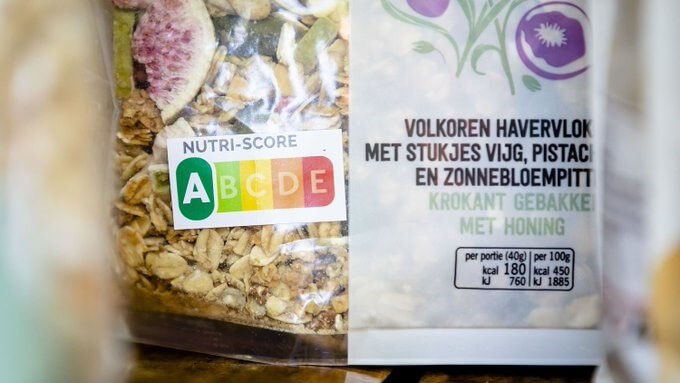

Nutrition
News overviewDairy and cholesterol myth busted
The new Guidelines for a Healthy Diet make no distinction between skim milk, low-fat milk and whole milk. This change is the result of extensive and rigorous scientific research, according to Professor Wim Saris.
Saris is professor emeritus in nutrition at the University of Maastricht. During the symposium “New Guidelines for a Healthy Diet in Practice” on December 3, Saris explained the new guidelines and the recommendations for dairy intake. Around 350 dieticians took part in the symposium in Utrecht. Saris indicated that he is pleased that the guidelines no longer focus on nutrients but on food products themselves.
In the new guidelines, the Health Council of the Netherlands recommends a few servings of dairy per day, including milk and yogurt. According to the Health Council, scientific research has shown that dairy consumption has a positive effect on human health. “Dairy consumption goes hand in hand with a smaller chance of colon cancer,” Saris elaborated. “400 grams of dairy per day is correlated with a 15% lower risk. Positive connections have been found specifically with milk and yogurt consumption. For every 200 grams of milk a day, the risk of colon cancer drops 10%. And 60 grams of yogurt per day reduces the chance of diabetes type 2 by 15% compared to 10 grams of yogurt per day.”
Saris also highlighted new evidence regarding saturated fat. According to Saris, consumers have been hearing for 30 years that dairy contains saturated fat, which is bad for the LDL cholesterol levels and can therefore cause heart and vascular diseases. The new guidelines no longer include this assumption. “The Health Council concluded that any effect of dairy on LDL cholesterol is unlikely. And they found no connection between dairy consumption and the risk of coronary heart disease.”
Saris affirms that the Health Council’s guidelines are based on extensive and rigorous scientific research. This is the guidelines no longer make a distinction made between skim, low-fat and whole dairy products. “The Health Council claims that there is too little research to make any conclusions regarding the effect of whole milk on LDL cholesterol relative to skim and low-fat milk.”
Presentations, photos and a report on the NZO symposium “New Guidelines for a Healthy Diet in Practice” can be found at www.zuivelengezondheid.nl.




